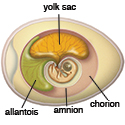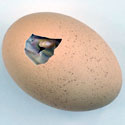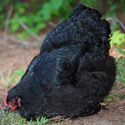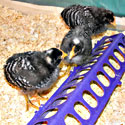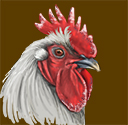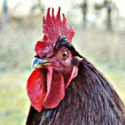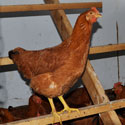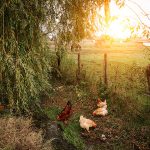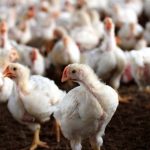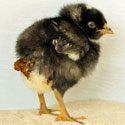
Pasty Butt — also known as pasting, paste up, or sticky bottom — is a common condition in newly hatched chicks. It occurs when soft droppings stick to a chick’s vent, then harden and seal the vent shut. If the condition is not corrected, the affected chick may die. Although pasting may be caused by […]
Continue Reading
